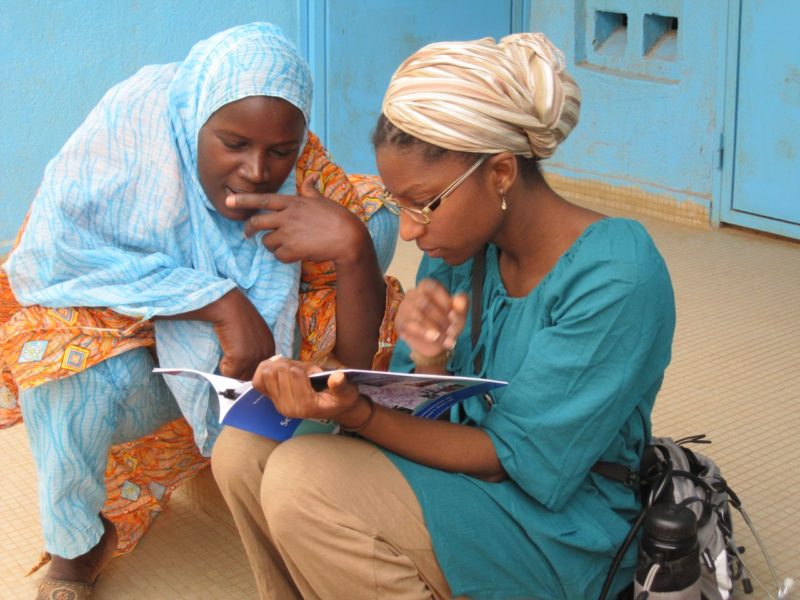Global Community Health Project
University College Hospital in Ibadan and University of Lagos Teaching Hospital (Nigeria) Heading link
-
Project Site Name
Global Community Health Project
-
Project Site Location
Kedougou and Tambacounda, Senegal
-
UIC Lead Faculty Contact
Andrew Dykens, MD
-
Partner Organization(s)
Senegal Ministry of Health and Social Action; University Cheikh Anta Diop; Peace Corps Senegal;Institut de Sante et Developpement
Project/Activity Summary Heading link

In 2010, a partnership was formed among the Kédougou Medical Region in Southeastern Senegal, the Institute of Health and Development at Cheikh Anta Diop University, Dakar, Senegal, Peace Corps Senegal, and the University of Illinois at Chicago (UIC). The stated overarching goal of this partnership was to improve access to quality primary health care services within the existing local health care system. By identifying local priorities and health service gaps, Kédougou health leaders and health workers established that the aims of partnership were to: 1) improve access to quality cervical cancer prevention services by strengthening the health care workforce and delivery systems in the Kédougou region and 2) inform the development and implementation of cervical cancer prevention programs in other rural regions of Senegal.
The cervical cancer incidence rate in Sénégal (37.8) is over five times greater than that in the U.S., and Sénégal ranks 17th in the world in the age-standardized incidence rate of cervical cancer. Human papillomavirus (HPV) prevalence and cervical cancer burden in urban areas of Sénégal remains high. However, the prevalence of cervical cancer and dysplasia in rural regions is unclear. In Sénégal, HPV positivity is higher in older-aged women (over age 45) compared to other countries in Africa. Despite the high value of cervical cancer screening and treatment, the estimated participation rate for cervical cancer screening in Sénégal is very low (6.9% of all women ages 18 to 69). It is especially low in rural areas as well as in older age groups (1.9% of women ages 40 to 49 and 0% of women 50 or above)
Between 2010 and 2013, the partnership worked to build capacity across Kédougou to ensure cervical cancer screening access within the public health system (the only rural region through present to undertake this objective). In 2014, the partnership began to study the impact of a quality improvement program on the supply-side (health service level) determinants of cervical cancer screening and the implementation of regional health policy. By the end of 2014, the partnership had implemented regional-level cervical cancer clinical guidelines, introduced the EngenderHealth-developed Client Oriented Provider Efficient (COPE®) quality improvement process for cervical cancer and general health services, trained 63 health workers (mostly midwives) in the evidence-based and cost-effective screening technique of visual inspection of the cervix with acetic acid (VIA), and conducted a study to estimate the prevalence of cervical dysplasia in the region using VIA and assess risk factors for cervical cancer control. In 2016, the partnership initiated a study to investigate the demand-side (community level) cervical cancer screening access barriers and the impact of a peer-to-peer educational program on service utilization. To ensure long-term sustainability, the partnership has utilized a comprehensive systems approach in implementing cervical cancer prevention services. In 2019, we initiated a $265,000 project to build cervical cancer screening capacity in Kedougou and Tambacounda. Through this project, the partnership aims to train over 1,000 health personnel, community health workers, community educators, and administrators at all health centers, posts, and huts in two rural Senegal Regions (Kedougou and Tambacounda).